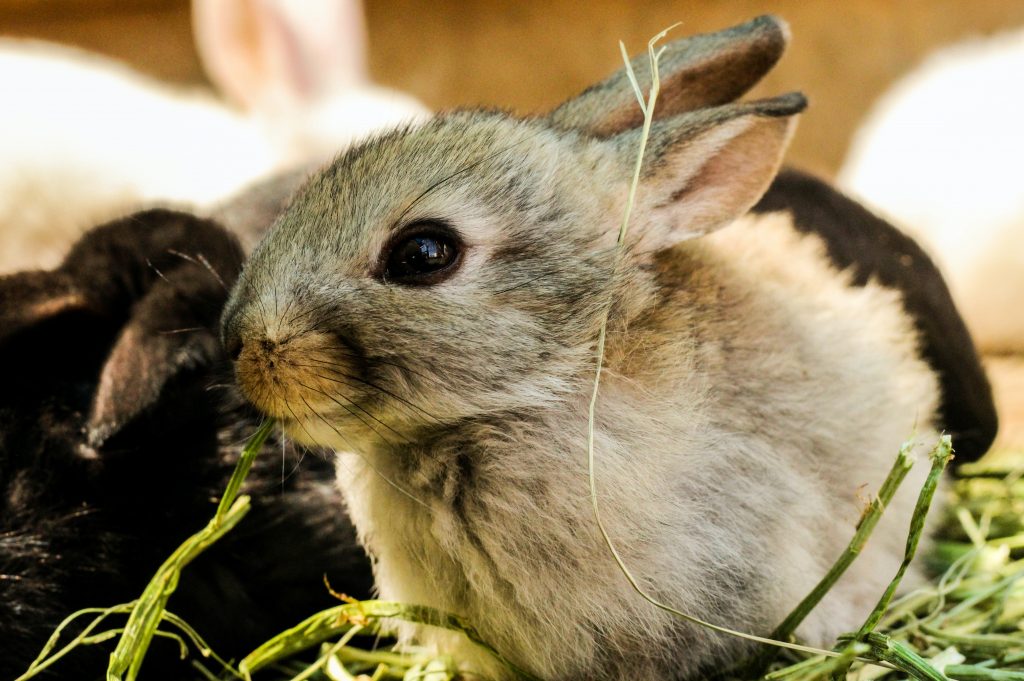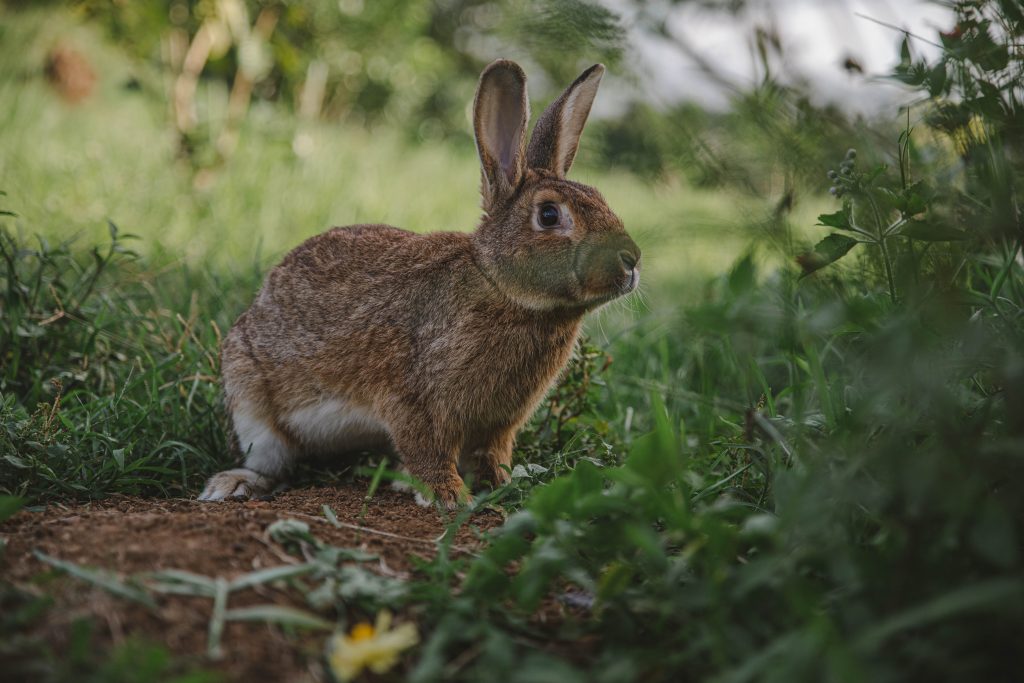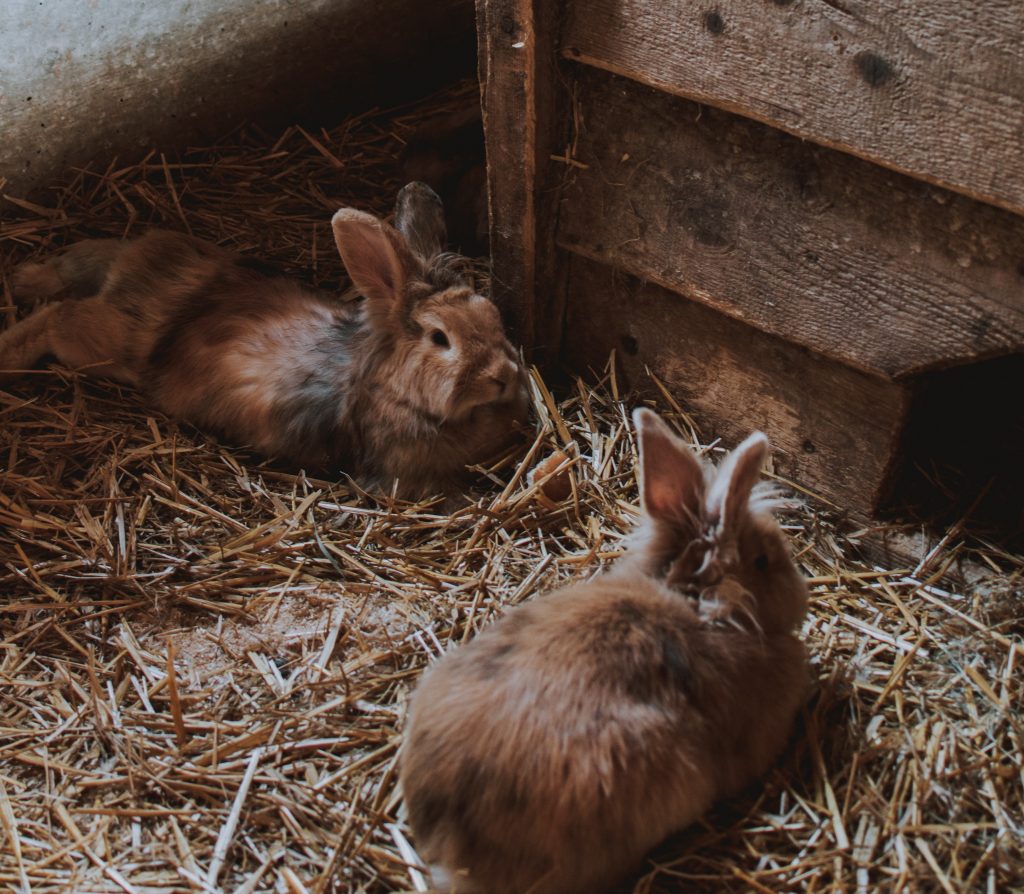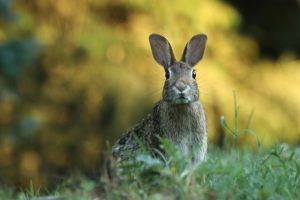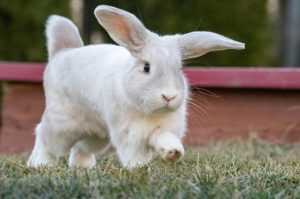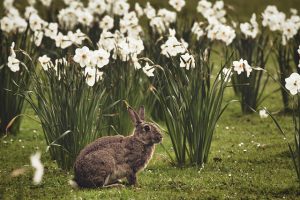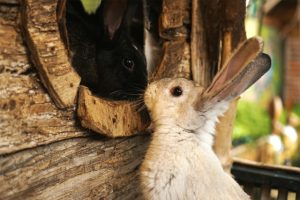When your little furry rabbit is nearing a later half of its life, you need to pay attention to any changes in its daily habits. Older rabbits need a little more care than young ones. Older rabbits, though they may look alright from the outside, they may be suffering from age-related illnesses such as arthritis or cataract. However, this is no cause for alarm. In this article, we will discuss common old-age problems of our senior bunnies and will also give you points on how to care for them.
Contents
When does a rabbit get old?
The average lifespan of a rabbit is 10-12 years. The amazing thing is that rabbits stay active well into their late years. The late years for rabbits may depend on individual rabbits, bigger ones live slightly shorter lifespans when compared to smaller ones. When a rabbit is older than 6 years, it is usually when you should start thinking of rabbits as older rabbits.
It will mostly depend on the breed of your bunny. Smaller breeds such as Netherland Dwarf and Polish may live up to 13 years, in which case, they may start getting old at around 8 years.
Medium-size breeds such as Dwarf lops, and others weighing up to 4kgs, may live up to 10 years. In the case of medium-size breeds, their old age may start at around 6 years.
Large and giant breeds such as Continental Giant and Belgian Hare, New Zealand White, and French Lop live the shortest at around 7 years, and their ageing may begin as early as 4 years.
While they may show consistent activity, age-related ailments may be growing in them. It is up to the keen eye of the rabbit caretaker to spot any issue that an older rabbit may have.
Older rabbits will also sleep for longer. It's typical for rabbits to flop down and sleep when they feel exhausted. Older rabbits get exhausted more often.
Be observant about changes in your rabbit. Ageing rabbits will lose their muscle mass. This will make them look a bit smaller than they used to. As older rabbits lose muscle mass, they get weaker.
The fur coat of an elder rabbit will get thinner, look at areas such as eyes and ears, as they typically have thinner furs, to begin with. Areas around the ears may show some flaking. If the rabbit itches too much on its ears check to see if there are dandruff-like scalings.
Some common problems and what you can do about them
Health issues that arise in rabbits in their old age are not fatal by themselves. While this is a relief for us, any discomfort or health problem will cause pain and suffering for your rabbit if they go unnoticed and untreated.
Towards their final years, rabbits will have a lower overall immunity against infections and diseases, therefore it is up to you to notice any changes in your rabbit's habits. Mind you, rabbits, as they are prey animals, are very good at hiding any weaknesses. So you need to make sure you get your furry friend checked by a vet if you feel concerned.
Some vets recommended giving rabbits a pinch of flaxseed daily to help the skin quality and soothe itching. This will help your bunny with skin-related issues that come with age.
Cataracts
The formation of a white cloudy substance on the eye is called cataracts. Even humans get cataracts with old age, and quite often they are removed. Cataracts may form in your older rabbit's eyes. While it is usually associated with ageing, it can sometimes be caused due to some eye infection. A bad case of cataracts may even cause blindness.
Now, the problem here is that surgeries that remove the cloudy substance, or cataracts, from your rabbit's eye are both dangerous and expensive. Many rabbit owners may choose to not do it as well. You may even have a hard time finding a vet who would do it, but it is possible.
Cataracts do not come suddenly overnight. They can develop slowly over years. It will usually take years before the Rabbit is completely blind. If surgery is not possible, your rabbit will have to survive with this blindness. And you can still provide a happy life to your bunny. You may need to rearrange your rabbit living space to rid it of major obstacles, rabbits will use their other senses to compensate for lack of sight.
Diet for older rabbits
Older rabbits will need an adequate amount of fresh hay, water and greens.
Many companies are offering extruded nuggets that are specifically manufactured to meet the dietary requirements of bunnies. If your rabbit is older then you may use this to prevent weight loss. The usual ratio is a tablespoon of pellets per kilogram of body weight per day, but older rabbits may require a slightly larger portion.
When your rabbit is getting older, make a habit of monitoring its weight weekly. You should be on top of any weight changes. If their weight drops too much, you should adjust their food accordingly.
Dental health
While rabbit teeth are famously good, older Rabbits may need some care and attention. However, dental problems are usually diagnosed long before the rabbit reaches an older age, but dental problems may occur in older rabbits more frequently.
If your rabbit is eating less, favouring different foods, losing weight, salivating, producing fewer droppings or showing any swellings around its mouth and jaw, you should have a thorough dental examination. Ask your vet if they think it is necessary to check skull x-rays to assess the tooth roots as well.
Arthritis
In simple words, Arthritis is inflammation of joints. Arthritis is painful and sometimes rabbits may develop Arthritis well before they get old. This means that among older rabbits it is a common problem. Bigger breeds develop Arthritis at a relatively younger age than smaller breeds.
Any wobbly movement, or strained first few steps when your bunny moves may be a sign of Arthritis. Arthritis may cause your bunny not to be able to raise its pelvic completely to avoid its own waste. In this case, they may not completely empty their bladder, which may lead to bladder infections. Check your older rabbits' bottom if they are dirty or wet from urine.
Arthritis can also cause unexplained changes, such as aggression or loss of appetite. This is usually because your older rabbit is going through pain internally.
If you notice such changes, visit your vet. A vet will be able to assess if there is any inflammation in your rabbit's joints. They may even provide some painkillers. If your rabbit has Arthritis, then the vet may prescribe Meloxicam, which is a non-steroidal anti-inflammatory drug (NSAID). This often makes a vast improvement to the rabbit’s mobility within a short space of time.
Arthritis is better prevented than cured. You must take care of your rabbit's bones even before they inflame.
By ensuring that your rabbit is not overweight you will. lower the strain on their joints. This will reduce the chances of inflammation later in their life. Slippery floors also contribute to added strain to bunny bones. In their natural environment rabbits find plenty of traction to help them grip the ground firmly. See if you provide some covering to help your rabbit get a grip when it moves. Indoor rabbits may need rubber-backed mats placed over a slippery kitchen or laminate flooring so they can grip better when hopping around.
Make sure older rabbits are not exposed to cold too much. If possible, provide them with heat pads during cold weather and bring them indoors if they are not inside already.
Check their claws
When rabbits are young their claws naturally get worn out when they move around. Older rabbits will not move around as much. They will not wear out their claws naturally, which means they may need to get their claws clipped.
Reproductive Cancer
If you have not spayed your female rabbits, they are very likely (up to 85% of entire females by the age of 5 years) to develop reproductive cancer. The symptoms might be hard to notice before the disease has advanced. Therefore, spay your bunnies.
Grief
A rabbit may grieve with you if one of its companions passes away. It is advised that the Rabbit that is left alive should get to spend some time with the body of its companion so that it understands that they are gone. You should spend some extra time and pay some extra attention to the grieving rabbit.
Conclusion
Overall, taking care of older rabbits will mean that you will have to pay a little more attention to their diet, weight and changes in behaviour. The risk of problems like arthritis and reproductive cancer is reduced only by foresight. While issues like cataracts may be unavoidable. Even in such cases, by redesigning your rabbit's living environment you can ensure that they lead the happy senior life that they deserve.


